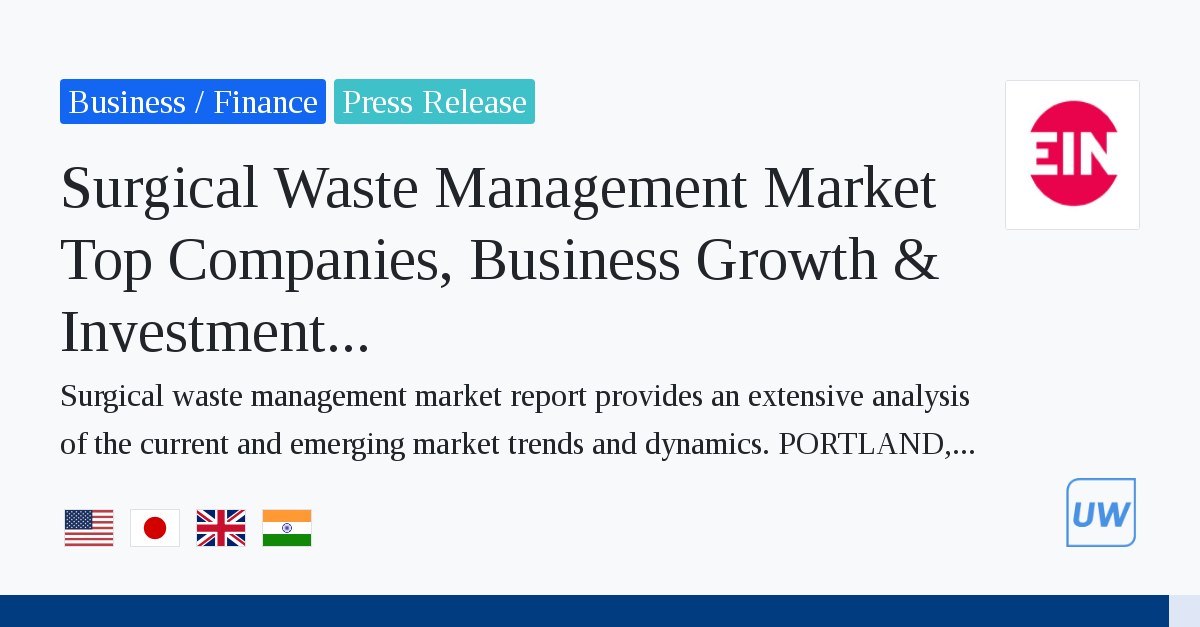
A webinar on supply chain can be a great way for you to find out more about current trends in your industry and how they affect your business. Many are free and available to the public. Learn more about Supply Chain Management, AI and Machine Learning. These events even cover Industry 4.0 technologies, as well multiparty control towers. These events, which are free to attend, are a great way for you to find out more about the latest supply chain technology.
Machine Learning
Machine Learning can be used in many ways throughout your supply chain. Machine learning can, for example, optimize factory schedules. It can balance build-to–order and made–to-stock workflows. And it can prevent material delays during production. Machine learning can also help detect fraud. It analyzes real time data and detects anomalies or pattern deviations. This informs supply chain managers about possible problems.

AI
Supply chains can benefit from predictive analytics. Interpreting the data generated with this technology can prove difficult. This webinar will help supply channel managers understand AI basics and how to use it in their business.
Industry 4.0 technologies
The Digital Supply Chain, or Industry 4.0, represents a fundamental shift in how businesses conduct business. It is difficult to determine the competitive advantage derived from new technologies due to the speed of change. This Capstone Webinar will cover the key domains, change agents, and drivers of transformation. This webinar will address many of the most frequently asked questions regarding key technologies.
Multiparty control towers
Multiparty control towers play an important role in the supply chain ecosystem. They offer many benefits to companies. They enable companies to automate repetitive tasks and save money and time. Multiparty control centers can be very powerful when used in conjunction to orchestration platforms. These solutions can link all parts of the supply chain ecosystem. They provide a single source to truth for all those involved.
Collaboration throughout the supply chains
Collaboration within the supply chain is an increasingly popular strategy, which can provide significant benefits to a company's bottom line. Collaborative relationships not only increase operational efficiency, but they can also foster innovation and risk management. Collaboration can occur in both vertical and horizontal dimensions. However, there are key factors to be aware of.

Future of supply chain
Future of the supply chain webinars address the issues affecting supply chains. They explore how to make them sustainable, integrate corporate governance into value chains, and improve the availability of medicines and medical devices for consumers. They also discuss how to deal the increasing convergence in ESG and antitrust concerns. The session will cover trends in supply chains from 2022 and beyond.
FAQ
What is the meaning of "project management?"
Management is the act of managing activities in order to complete a project.
Our services include the definition of the scope, identifying requirements, preparing a budget, organizing project teams, scheduling work, monitoring progress and evaluating the results before closing the project.
Why is project management important for companies?
Project management techniques are used in order to ensure projects run smoothly, and that deadlines are met.
This is due to the fact that most businesses rely heavily upon project work in order to produce goods, and services.
These projects must be managed efficiently and effectively by companies.
Companies could lose their time, reputation, and money without effective project management.
What is TQM exactly?
The quality movement was born during the industrial revolution when manufacturing companies realized they could not compete on price alone. They needed to improve the quality and efficiency of their products if they were to be competitive.
Management responded to the need to improve, and developed Total Quality Management (TQM). This focused on improving every aspect of an organization’s performance. It included continuous improvement processes, employee involvement, and customer satisfaction.
How can we make our company culture successful?
A culture of respect and value within a company is key to a productive culture.
It's built on three fundamental principles:
-
Everybody can contribute something valuable
-
People are treated fairly
-
Individuals and groups can have mutual respect
These values are reflected in the way people behave. They will show consideration and courtesy to others.
They will listen to other people's opinions respectfully.
They will also encourage others to share their ideas and feelings.
Company culture also encourages open communication, collaboration, and cooperation.
People feel safe to voice their opinions without fear of reprisal.
They are aware that mistakes can be accepted if they are treated honestly.
The company culture promotes honesty, integrity, and fairness.
Everyone understands that the truth is always best.
Everyone understands that there are rules and regulations which apply to them.
People don't expect special treatment or favors.
Statistics
- The BLS says that financial services jobs like banking are expected to grow 4% by 2030, about as fast as the national average. (wgu.edu)
- As of 2020, personal bankers or tellers make an average of $32,620 per year, according to the BLS. (wgu.edu)
- Hire the top business lawyers and save up to 60% on legal fees (upcounsel.com)
- UpCounsel accepts only the top 5 percent of lawyers on its site. (upcounsel.com)
- The profession is expected to grow 7% by 2028, a bit faster than the national average. (wgu.edu)
External Links
How To
What is Lean Manufacturing?
Lean Manufacturing processes are used to reduce waste and improve efficiency through structured methods. These processes were created by Toyota Motor Corporation, Japan in the 1980s. The main goal was to produce products at lower costs while maintaining quality. Lean manufacturing is about eliminating redundant steps and activities from the manufacturing process. It consists of five basic elements: pull systems, continuous improvement, just-in-time, kaizen (continuous change), and 5S. Pull systems involve producing only what the customer wants without any extra work. Continuous improvement means continuously improving on existing processes. Just-in–time refers when components or materials are delivered immediately to their intended destination. Kaizen stands for continuous improvement. Kaizen can be described as a process of making small improvements continuously. Finally, 5S stands for sort, set in order, shine, standardize, and sustain. These five elements are combined to give you the best possible results.
Lean Production System
The lean production system is based on six key concepts:
-
Flow - focuses on moving information and materials as close to customers as possible.
-
Value stream mapping: This is a way to break down each stage into separate tasks and create a flowchart for the entire process.
-
Five S’s - Sorted, In Order. Shine. Standardize. And Sustain.
-
Kanban: Use visual signals such stickers, colored tape, or any other visual cues, to keep track your inventory.
-
Theory of constraints: Identify bottlenecks and use lean tools such as kanban boards to eliminate them.
-
Just-in Time - Send components and material directly to the point-of-use;
-
Continuous improvement - incremental improvements are made to the process, not a complete overhaul.